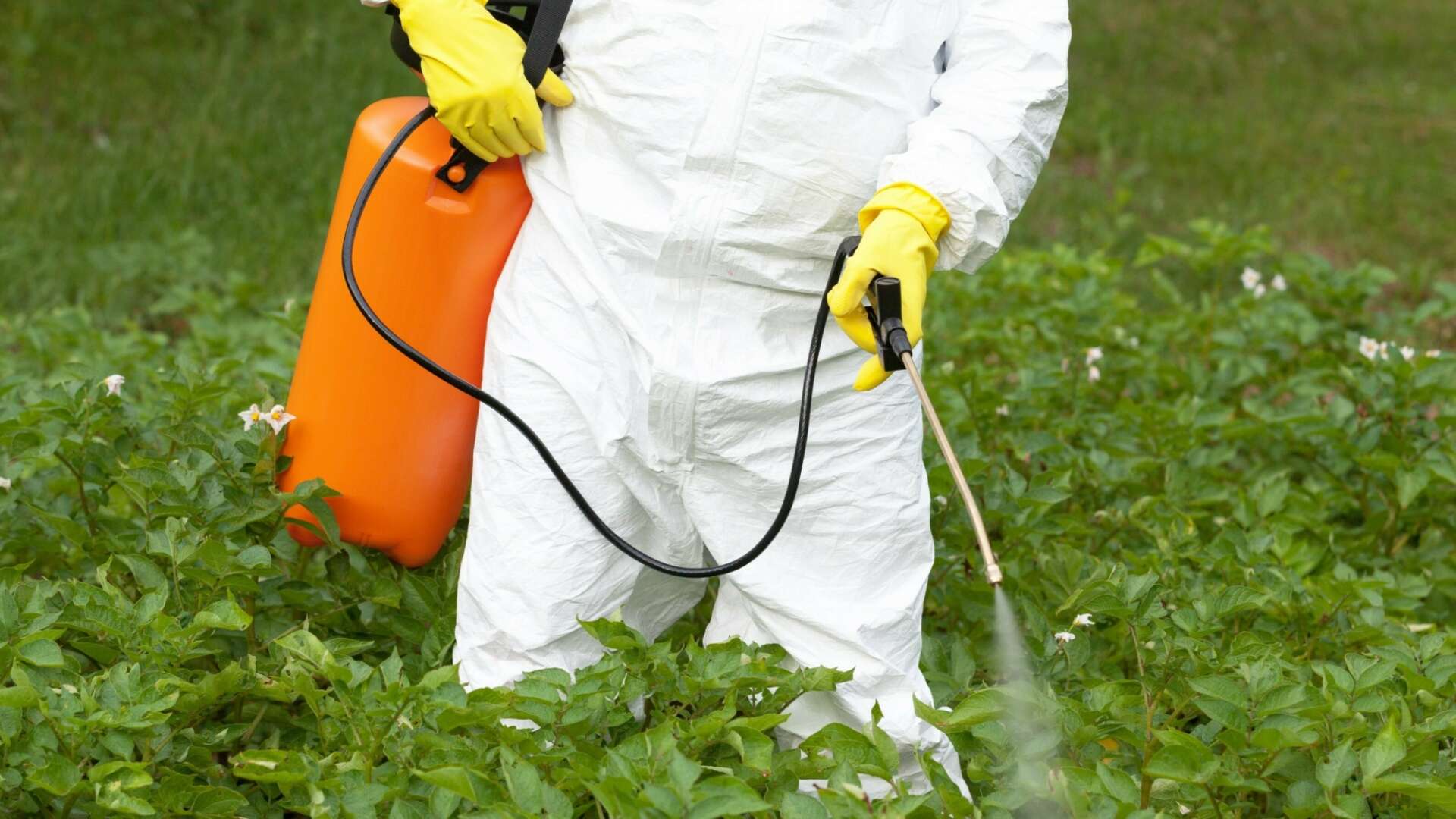New proposals for pesticide authorisation

First and foremost, is the proposal that the public should be granted access to the research submitted in order to authorize a pesticide. Currently the data and information provided by the chemical companies (such as Bayer and Syngenta) is cloaked in secrecy and seen only by the authorisation body. We welcome this move to towards transparency - it gives scientists and other specialists in the field a chance to analyse the data provided by manufacturers.
During this period of open access stakeholders will be able to not only comment on the findings, but also provide additional existing data. This allows for all relevant information to be taken into account - environmental impact, health studies etc. Findings that the manufacturer might not want the authorisers to consider.
Post-market evaluation and real-life impact
Post-market evaluation should be strengthened. This means follow-up research in real life use of the pesticide. There is hope that the Commission will launch an epidemiological study on the impact of pesticides on human health, for instance. Perhaps they will also look at the 'cocktail effect' of using a sequence of pesticide chemicals throughout the crops' growing life. Normally each chemical is approved in isolation - which is not how farmers and growers use them.
“We ask for full transparency with regard to the studies used for the assessment," said Bart Staes, the tireless Belgian Greens MEP. "To make them more independent and based on scientific evidence, to avoid conflicts of interests, to fully test active substances, to thoroughly test pesticide products, including the cumulative effects, and for stronger risk management measures.”
Garden Organic members will be pleased to hear that there is also a proposal to review existing studies on carcinogenicity of glyphosate and to set maximum residue levels for soils and surface water.
Next steps
The recommendations were adopted with 23 votes to 5 and 1 abstention. The full House is to vote on the report during its 14-17 January plenary session in Strasbourg.